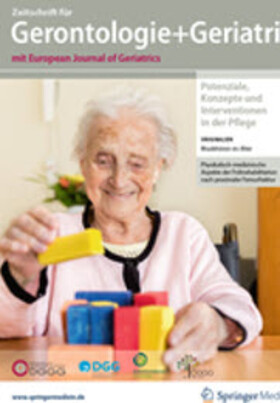Publication
The potential of instant messaging for social relations of persons 65+
Abstract
Background and research question.
Current data from Switzerland show that an increasing number of older adults (65+ years) use instant messaging services. We examined whether and how the use of WhatsApp affects different forms of older people’s social capital and whether the socioemotional selectivity theory can be applied in digital environments. Research methods. A qualitative study was conducted with 30 WhatsApp users in the age group 65+. The survey was based on data from ego-centered network maps and interviews using a semistructured interview guide.
Results.
WhatsApp is mainly used for communication with close persons. The use of WhatsApp simplifies relationship management, increases the frequency of contact and can thus lead to intensified relationships. The use of WhatsApp can strengthen the sense of group belonging. The media is described as very low-threshold and enables spontaneity. Discussion. The socioemotional selectivity theory can also be applied in digital environments. Via WhatsApp, positive contents are shared with emotionally significant people in the social network. The use of WhatsApp increases both bonding social capital as relationships are deepened and strengthened and maintaining social capital as geographical distances can be bridged.
Das Potenzial von Instant Messaging für soziale Beziehungen von Menschen 65+

